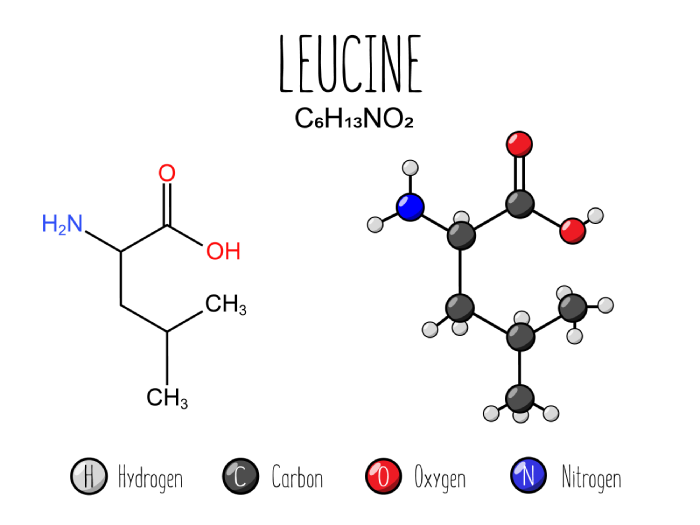Landmark Decision Marks First Authorization for Tobacco-Free Oral Nicotine
The United States Food and Drug Administration (FDA) has taken a significant step in tobacco regulation by granting marketing authorization to 20 ZYN nicotine pouch products. This decision, made through the premarket tobacco product application (PMTA) pathway, marks the first time the agency has approved products in the nicotine pouch category. These pouches, small synthetic fiber containers holding nicotine, are designed for placement between the user’s gum and lip.
The FDA’s decision was based on a comprehensive scientific review, ensuring the products met the public health standard mandated by the 2009 Family Smoking Prevention and Tobacco Control Act. This standard evaluates the overall risks and benefits of products to the population.
Key findings from the FDA’s evaluation revealed that these nicotine pouches contain substantially lower levels of harmful constituents compared to traditional cigarettes and most smokeless tobacco products, including moist snuff and snus. This characteristic suggests a reduced risk of cancer and other serious health conditions associated with tobacco use. Furthermore, the applicant presented evidence demonstrating that a considerable proportion of adults who previously used cigarettes or smokeless tobacco products completely switched to these newly authorized nicotine pouches.
Dr. Matthew Farrelly, director of the Office of Science in the FDA’s Center for Tobacco Products, emphasized that marketing authorizations are only granted when there is sufficient evidence that new products offer greater benefits to population health than risks. In this case, the data indicated that these nicotine pouch products met this criterion by benefiting adults who transition from cigarettes and/or smokeless tobacco products.
The FDA’s review also considered the potential impact on youth. Current data, including the 2024 National Youth Tobacco Survey, shows that youth use of nicotine pouches remains relatively low, with only 1.8% of U.S. middle and high school students reporting current use despite growing sales in recent years.
Dr. Brian King, director of the FDA’s Center for Tobacco Products, stressed the importance of responsible marketing to prevent youth use. While current data shows low youth usage, the FDA will closely monitor the marketplace and take action as necessary to protect public health.
It’s crucial to note that this authorization does not imply that these products are safe or “FDA approved.” The agency maintains that there is no safe tobacco product, and individuals who do not use tobacco products should not start.
The FDA has imposed strict marketing restrictions on these products, particularly to limit youth exposure. These include measures to ensure advertisements are carefully targeted to adults aged 21 and older, with the manufacturer required to track and measure audience demographics. The company has also committed to additional measures to restrict youth access and appeal, such as avoiding mass-market advertising on radio and TV, using actors/models no younger than 35 for marketing, and refraining from content designed to target youth.
The authorized products include ten ZYN varieties, each available in 3mg and 6mg nicotine strengths: Chill, Cinnamon, Citrus, Coffee, Cool Mint, Menthol, Peppermint, Smooth, Spearmint, and Wintergreen. This authorization is specific to these products and does not extend to other nicotine pouches or ZYN products. Additionally, the company is not permitted to make reduced risk claims about the authorized products without a separate modified risk tobacco product application.
This decision is part of the FDA’s ongoing efforts to ensure all new tobacco products marketed in the U.S. undergo scientific review and receive marketing authorizations. To date, the agency has processed applications for nearly 27 million products, making determinations on more than 26 million of them.
Commentary by SuppBase columnist Alice Winters:

The FDA’s recent authorization of ZYN nicotine pouches marks a pivotal moment in the evolving landscape of tobacco and nicotine products. This decision reflects a nuanced approach to harm reduction in public health policy, acknowledging the potential benefits of alternative nicotine delivery systems while maintaining a cautious stance on their overall safety.
From an ingredient analysis perspective, the lower levels of harmful constituents in these nicotine pouches compared to traditional tobacco products is noteworthy. This reduction in toxicants could potentially translate to decreased health risks for users, particularly in terms of cancer and other serious conditions associated with long-term tobacco use. However, it’s crucial to emphasize that “lower risk” does not equate to “no risk,” and the long-term effects of sustained nicotine pouch use remain to be fully elucidated.
The formulation of these products – synthetic fibers infused with nicotine – represents a significant departure from traditional smokeless tobacco. This innovative approach eliminates many of the harmful chemicals found in tobacco leaves, potentially offering a cleaner nicotine delivery system. However, the impact of prolonged exposure to these synthetic materials on oral health and overall well-being warrants further investigation.
From a market perspective, the FDA’s decision could significantly impact the tobacco industry landscape. With major tobacco companies investing heavily in “reduced-risk” products, this authorization may accelerate the shift away from combustible cigarettes. However, it also raises questions about the potential for these products to create or sustain nicotine addiction, particularly among individuals who might not have otherwise used tobacco products.
The low youth usage rates cited in the FDA’s decision are encouraging but require ongoing vigilance. The history of tobacco and nicotine products has shown that youth trends can shift rapidly, especially with the introduction of new, potentially appealing products. The marketing restrictions imposed by the FDA are a crucial safeguard, but their effectiveness will depend on rigorous enforcement and ongoing monitoring of youth uptake patterns.
From a brand perspective, this authorization significantly boosts ZYN’s credibility in the alternative nicotine market. However, it also places a substantial responsibility on the company to adhere to the FDA’s marketing restrictions and to continue providing data on the products’ impact on public health.
The pricing and accessibility of these products will play a crucial role in their potential as a harm reduction tool. If priced competitively with traditional tobacco products, they could incentivize smokers to switch. However, there’s also a risk of dual use, where consumers might use these products in addition to, rather than instead of, more harmful tobacco products.
In conclusion, while this authorization represents a potentially positive step in harm reduction strategies, it’s essential to maintain a critical and cautious perspective. The long-term public health impact of these products will depend on various factors, including user behavior, marketing practices, and ongoing research into their safety profile. As we navigate this new terrain in nicotine consumption, continued scientific scrutiny and regulatory oversight will be paramount in ensuring that potential benefits are realized while minimizing unintended consequences.



